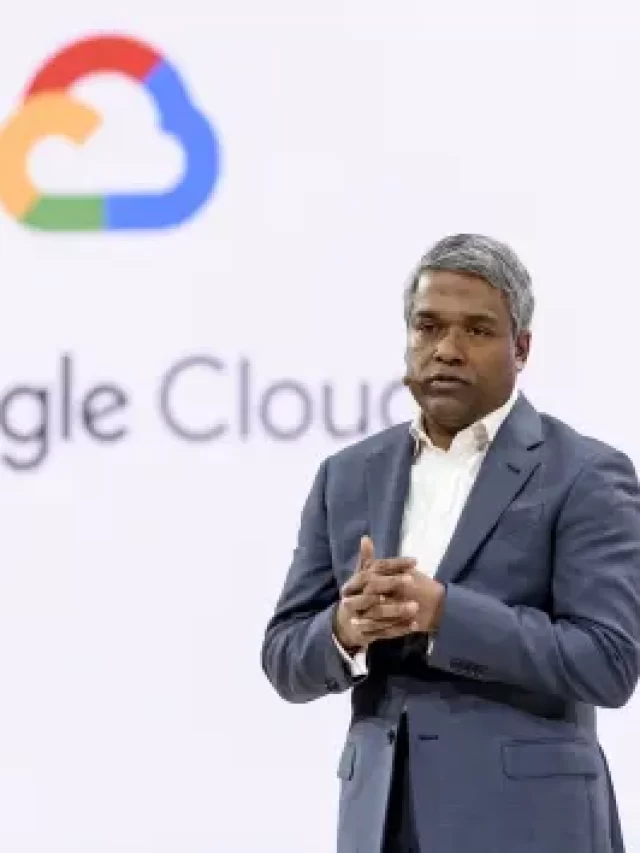Artificial intelligence (AI) is transforming the technological landscape, and as the pioneer of internet search, Google is at the forefront of this revolution. Google’s head of cloud computing, Thomas Kurian, recently shared insights on the company’s productive early conversations with regulators in the European Union (EU) regarding AI regulations. The EU’s groundbreaking AI regulations aim to ensure the safe and responsible development of AI technologies. In this blog, we will explore the key points from the conversation and shed light on the measures Google is taking to address the concerns raised by the EU.
Distinguishing Human and AI-Generated Content
One major concern surrounding AI is the potential blurring of lines between human-generated and AI-generated content. To tackle this issue, Google is actively working on developing technologies that allow people to differentiate between these two types of content. At the recent Google I/O event, the company unveiled a “watermarking” solution that labels AI-generated images. This significant step demonstrates Google’s commitment to transparency and responsible AI use.
Copyright Protection in Generative AI
Generative AI models, capable of producing music lyrics and generating code, have captured the attention of academics and businesses worldwide. However, regulators, including EU policymakers, express concerns about copyright infringement and the impact on artists and creative professionals who rely on royalties. Recognizing these concerns, Google is collaborating with the EU government to ensure that generative AI training data adheres to copyright laws. By doing so, Google supports the protection of artists’ rights while fostering innovation in the AI landscape.
Collaborating with the EU Government
Google values collaboration and recognizes the importance of working closely with regulators to address their concerns. Thomas Kurian emphasizes the ongoing productive conversations with the EU government and the commitment to finding a path forward. This collaboration allows Google to gain a deeper understanding of the EU’s perspectives and priorities, fostering a harmonious relationship that drives responsible AI development.
Internal Concerns and Ethical Considerations
While Google remains dedicated to responsible AI, internal discussions reflect a diversity of opinions. Some employees have expressed concerns about the rapid pace of AI development within the company. For instance, the announcement of Bard, Google’s generative AI chatbot, triggered internal debates and discussions on the ethical implications of such advancements. Google values the input of its employees and continues to navigate these discussions to ensure that ethical considerations remain a priority.
Google’s Willingness to Embrace Regulation
Contrary to concerns that tech companies resist regulation, Google wholeheartedly welcomes it. Kurian states that powerful technologies like AI should be regulated responsibly. Google recognizes that collaboration with global regulators is crucial to establishing frameworks that govern AI technologies appropriately. The company actively engages with governments in the European Union, the United Kingdom, and many other countries, demonstrating its commitment to shaping the AI landscape responsibly.
A Holistic Approach to AI Regulation
While governments work on formal regulations for AI, tech companies are not sitting idle. Google, among others, is taking proactive steps to introduce guardrails and oversight to AI technologies. This approach ensures responsible AI development while regulators catch up with the pace of innovation. By self-regulating and implementing safeguards, companies like Google contribute to building a sustainable and ethical AI ecosystem.
Conclusion: Shaping the Future Together
The conversation between Google and EU regulators signifies a crucial step towards shaping the future of AI. By actively engaging in discussions and addressing concerns related to AI regulation, Google demonstrates its commitment to responsible AI development. Collaboration between industry leaders and regulators is vital to strike the right balance between innovation and ethics. As AI continues to evolve, it is essential to prioritize transparency, copyright protection,










Leave a Reply